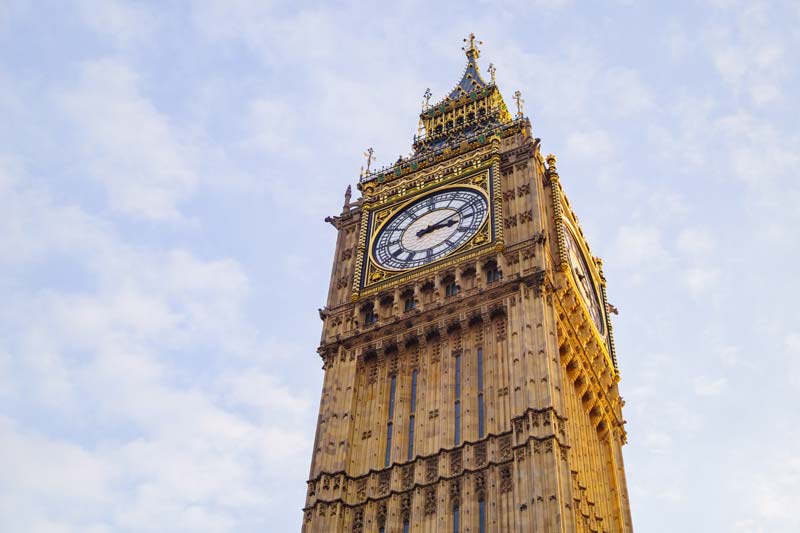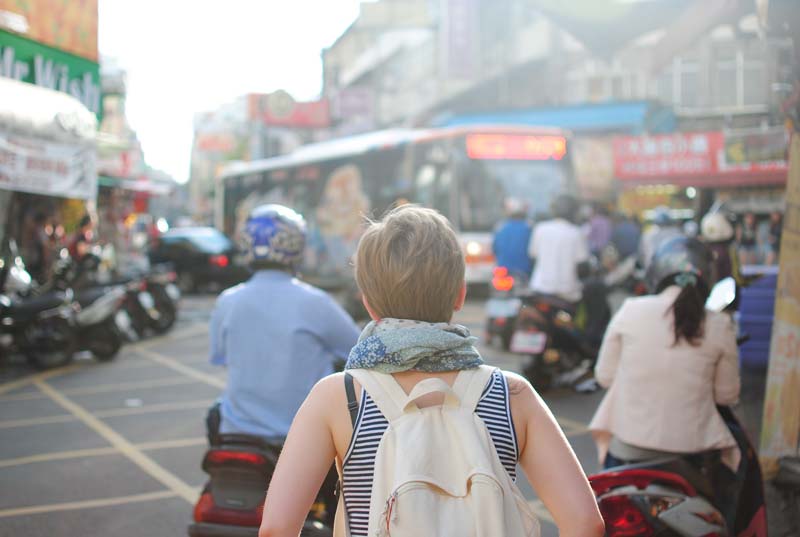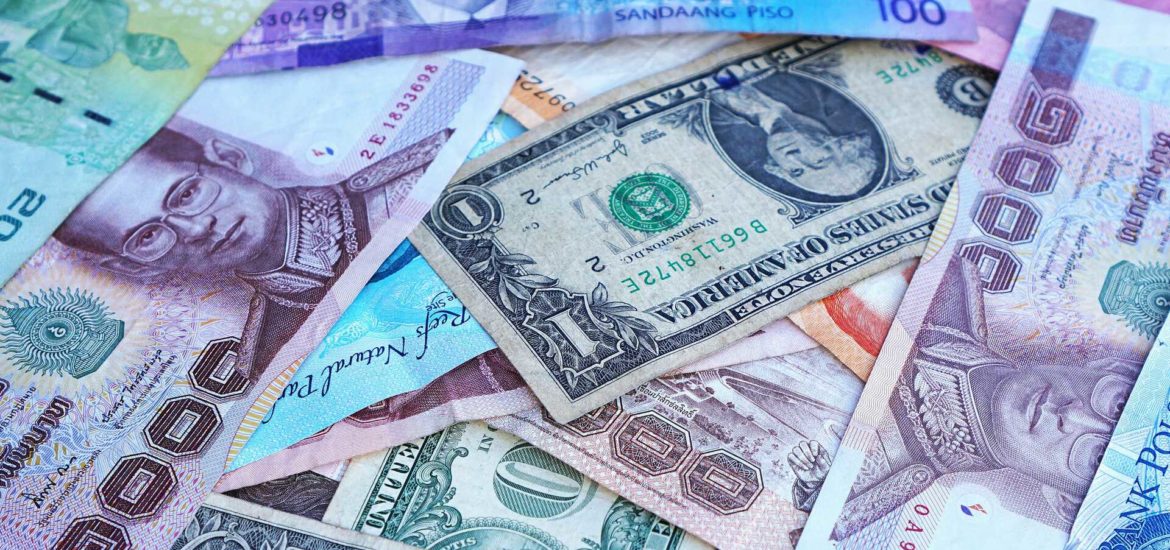After reading this article, you will start to make smart decisions regarding booking of flights and hotels, and savings on sightseeing and food. You will learn to fit your trip in your travel budget.
While travelling in a foreign country, the last thing you need to be worrying about is running out of money. So, the best way to avoid stress about costs involved is to budget and plan a travel in advance. Here are the 7 major costs involved in travelling to a foreign country and how to use them to your advantage.
Airfare
Potentially the biggest expense of your entire trip, airfare is the major item on your travel budget. It’s worth considering what time of year you plan on travelling. Flights during peak season are generally more expensive, so if you’re happy to risk a little inclement weather, you could potentially save a lot of money.
Always, book your flights 4-3 Months in advance to have a major cost advantage while travelling. Airfares are at their cheapest during this time. Also ensure that your airfares don’t rise while searching online by browsing incognito on the Internet.
Today, it’s easy to buy these online via an aggregator website that allows you to compare flights; direct via your airline of choice; or through a travel agent. A good option is to register for fare alerts, opt for cashback offers and other online discounts.

Accommodation 🛌
You will be spoilt for choice when it comes to accommodation options, in many foreign countries depending on how much you want to spend. The accommodation options range from hostels, budget hotels, homestays and guesthouses to vacation rentals, luxury stays, star hotels and resorts.
Also Read : 8 Genius ways to Make the most of your Travelling
See what the prices are for the area you want to visit. Be sure to multiply by the number of nights you will be there travelling. Remember that hotels in central areas or close to the city center may be more expensive, as will resorts in remote islands, compared with those in popular destinations. In some foreign countries, several stay options don’t have an online presence, you can personally go and bargain over the price of hotels or homestays. Your negotiation skills may come in handy in such a case.
Food
Food is usually the hardest area for anyone to budget while travelling in a foreign country. But think about where you’re going. If you’re traveling to western Europe, Australia or New Zealand, eating out will probably cost you approximately the same as it does in the US or Canada, maybe even a little bit more. If you’re going to India, South America or Southeast Asia, it should be cheaper in most cases.
Food costs can’t be overlooked in your travel budget. If you’re looking to save money, it’s worth finding accommodation with bed & breakfast or self-catering facilities. Street food is delicious and can save you a fortune each day if you’re up for it.
Buying water can be expensive. You should also preferably carry your own water bottle instead of buying it outside. So purchasing a bottle with purifier may be a good one-time investment as you will require a lot of water. It is also a good idea to carry light snacks or pre-cooked meals where ever you can.

Sightseeing 🗽
While there are always free attractions, remember to put some money aside for entry to museums and galleries, walking tours, amusement parks, gigs or theatres. It’s worth checking out whether you can buy tickets to events before you go, which can help manage your budget.
Make a budget for activities. Do you plan on doing something more expensive like scuba diving or a hot air balloon ride? Add up these costs too, and make sure you know what is and is not included. Research your destination in advance and look for package deals for the top vacation spots.
Also Travel : If Fashion is your Trade, then Travel to Ura-Hara, Tokyo
City passes bundle the attractions of many popular vacation destinations for an appreciable discount. For example, a museum pass in Paris lets you hop in and out of more than 50 of the city’s museums and monuments, including the Louvre, the Château de Versailles and the Musée D’Orsay for less than 12 to 21 euro per day. In San Francisco, you can use a City Pass to travel on the muni or cable car, visit the California Academy of Sciences, an aquarium, the art museum, and take a bay cruise for about $94, saving about $74 over having paid all the separate entrance fees.
Internal Commute 🚋
Chances are you will need transportation once you arrive at your destination in a foreign country. Public transportation is a great option in most cases because it’s inexpensive and it gives you a more local perspective. A simple search on the internet for public transportation in the city you’re going to should lead you to how much tickets cost. Also factor in taxis if you think you might need a taxi from the airport or within the city.
This Cool Electric Van Lets You Work and Travel Anywhere
Unless you’re travelling on a cruise or guided tour, you’re likely to need some kind of transport for your internal commute in any foreign country. Factoring in a daily transportation allowance will help you make the most of any savings offered on metro rail or bus services for your commute.

Visa Fee
Depending on the passport of the country you hold, some countries require a visa, the document that gives you permission to enter or leave a country. Some countries don’t require a visa, but they may charge international taxes, fees based on your passport and duration of stay for a tourist visa. Some countries allow you to get a visa on arrival and some insists you have a visa before you step foot in the country. In that case, don’t wait until the last minute to obtain that document.
As you’re checking your visa requirement, note that many countries won’t allow you to travel there if your passport is expiring in less than three or six months. To be safe, if your passport expires within six months of your arrival, you may as well go ahead and renew it now.
Currency Exchange Rate 💱
Without some planning in advance, calculating exchange rates can be a significant source of stress while abroad. In some countries, particular currencies are preferred over their native currency, but yet, it could be costlier to use this preferred currency due to exchange rates. So just because it might be easier to pay in dollars or euros, doesn’t mean you should.
If your Curious about Travel, Learn More on Qreoo.
When budgeting, make sure to use local currency as well as your home currency to have an exchange/cost reference when using either option. Do your research before you travel to ensure you get the best exchange rate, many currency exchange places will also buy back your foreign currency when you return home, for free.
Will you exchange money before you travel? or use your card to get money out of the ATM when you arrive? Using ATM’s abroad generally always incurs fees. You could pay extra fees of £2.50/$5 to £5/$10 each time you withdraw money. Check to see if your bank is part of a network with international partners to avoid these fees. Some credit cards also charge a foreign transaction fee of up to 3% for charges made abroad so make sure you know the associated costs before you travel.
Make sure you’ve got a little extra put aside for, well, whatever! Budget or luxury, the amount you spend is up to you. Just keep in mind that the amount of bang you get for your buck is worth it while you travel.
Happy Travelling! 🗺️
